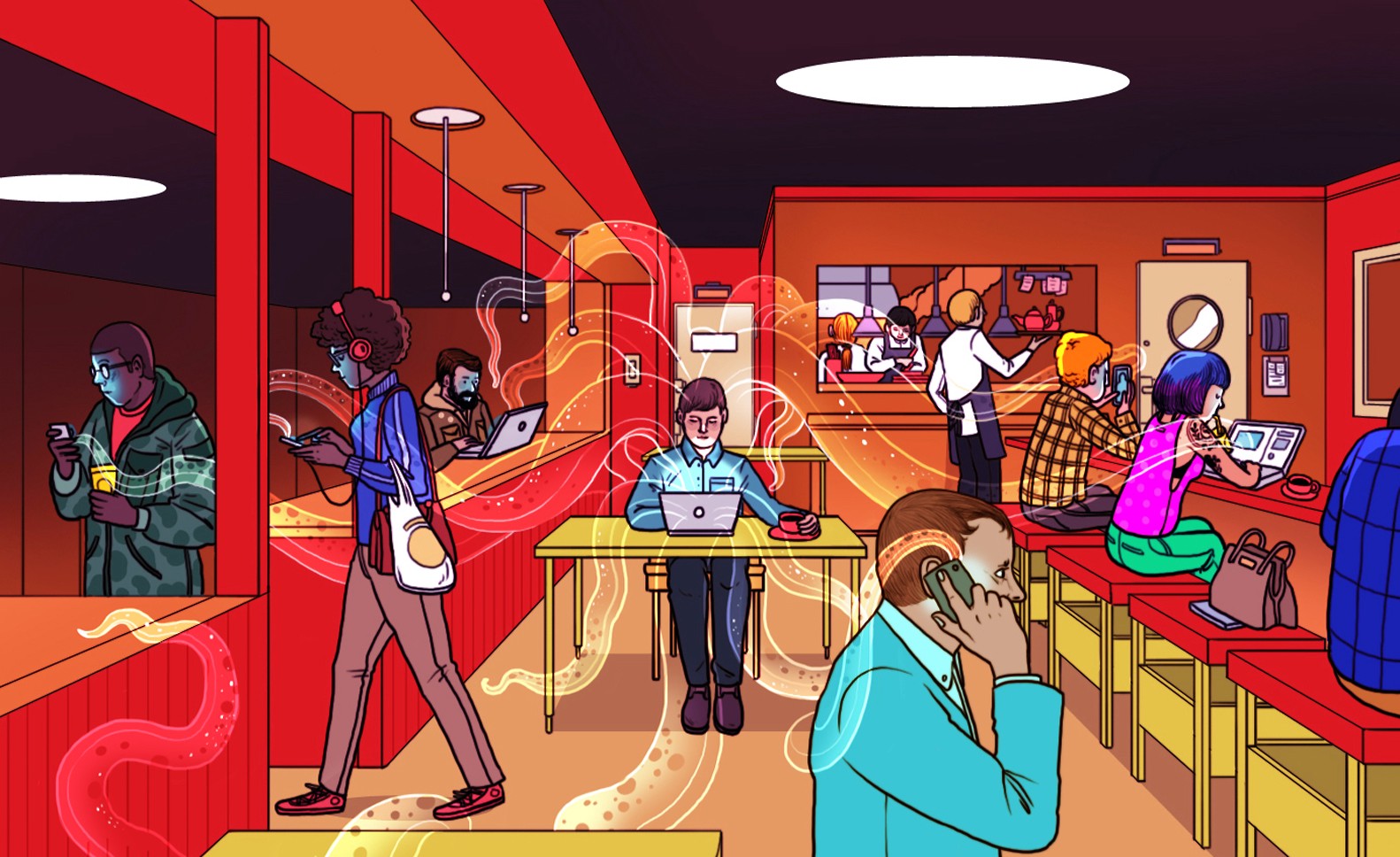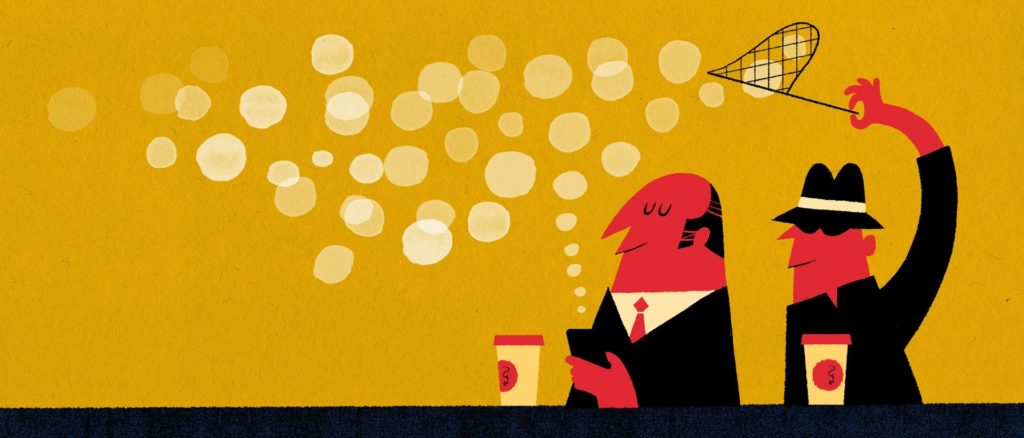Public Wi-Fi Best Practices: How to Use it Securely

Public Wi-Fi offers the convenience of connecting your device online wherever you go. Whether it be the library, coffee house, even bowling alleys give you free access to the Internet. While this might seem like a smart option on the surface, it’s important to be mindful of the risks associated with using public Wi-Fi.
How Does Public Wi-Fi Work?
When you go to your favorite coffeehouse, they might have a sign or window decal that says they offer free Wi-Fi. To take advantage of this feature, you’ll want to go to the settings section on your device then scroll down to Wi-Fi. Accessing this provides you with a list of network names that are close to you.
In many instances, it will be easy to identify the public Wi-Fi because the network name mirrors the place you’re visiting. That said, this is where you’ll find out whether the Wi-Fi is secured or unsecured. An unsecured connection doesn’t require a password. You simply select the network name and you’re good to go.
Alternatively, secured connections are when you must enter a password to access the service. In some cases, particularly if you’re connecting to a hotel’s Wi-Fi, you must also agree to its terms and conditions for use before connecting.
What Are the Risks of Using Public Wi-Fi?
Because public Wi-Fi is available to everyone, it’s easier for people to eavesdrop to see what you’re doing online and you’re more vulnerable to having your information stolen.
To this end, it’s important to refrain from doing the following things when using it:
- Don’t log into any of your financial accounts. People around you could be reading your keystrokes or a hacker can be on the other end accessing this information.
- For the same principle, refrain from shopping online when connected to public Wi-Fi.
- Don’t leave your computer or phone unattended for any amount of time.
- Don’t send confidential information through email, instant messenger or other delivery devices, where hackers could intercept them.
If you need to do any of these things when out in public, there are viable alternatives.
Best Practices to Using Wi-Fi on the go
First, consider installing a virtual private network (VPN) on your device. Not only will this encrypt your data, VPN uses servers from around the world to protect your identity. Now, it’s important to note VPNs are not foolproof, as some providers still collect your data. But if you need to access personal information in public, this is a great route to take.
Another option is to use the hotspot on your mobile device. Most of the big cell providers offer mobile hotspot service where you use your phone as the hotspot to connect your laptop or tablet. While this isn’t a foolproof solution either since hackers can still break through your connection, in public it’s a smarter choice to separate you from the pack.
Overall, these safeguards can allow you to connect to the Internet publicly with confidence.
Meanwhile, sometimes you can do everything right and data loss still happens. Your device might have malware that renders your files inaccessible. If this happens, the team at Outsource Data Recovery will be happy to assist you. We’ve been file recovery experts for decades and we would like to put our expertise to work for you.

